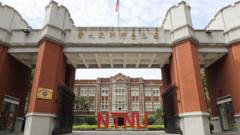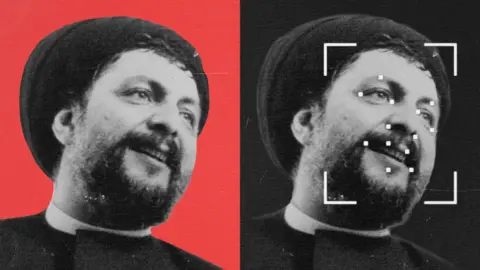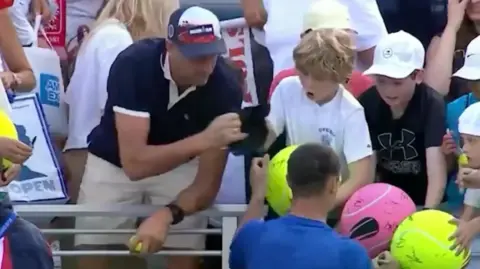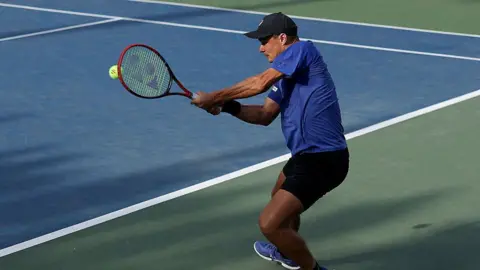In 2024, Taiwanese politician Chen Pei-yu exposed the situation, claiming students were warned they could lose academic credits if they refused to participate. An internal investigation revealed that the blood sampling had been occurring since 2019 and extended into 2024, covering various research initiatives. Chou confessed to soliciting assistance from students who were unqualified to oversee blood withdrawals, stating she felt remorse for any pressure her conduct may have imposed.
Prof. Chen Hsueh-chih, associated with one of the research projects, also issued an apology, acknowledging that while the intention was to aid student-athletes, it ultimately caused unintentional harm to them and their families. The investigation indicated that students had been reportedly giving blood daily, but most samples were discarded due to procedural faults.
Chen's original allegations included that players were required to provide three blood samples daily over a two-week period, with participation spanning several years. In light of the findings, NTNU principal Wu Cheng-chi apologized for the university's negligence and announced a review of ethics and oversight procedures. Taiwan's deputy education minister stated that both the case and the actions of Chou and Chen would undergo departmental review, alongside an announcement from the education ministry indicating possible revocation of a coaching license for a women's football coach at NTNU, although the individual was not named.
Prof. Chen Hsueh-chih, associated with one of the research projects, also issued an apology, acknowledging that while the intention was to aid student-athletes, it ultimately caused unintentional harm to them and their families. The investigation indicated that students had been reportedly giving blood daily, but most samples were discarded due to procedural faults.
Chen's original allegations included that players were required to provide three blood samples daily over a two-week period, with participation spanning several years. In light of the findings, NTNU principal Wu Cheng-chi apologized for the university's negligence and announced a review of ethics and oversight procedures. Taiwan's deputy education minister stated that both the case and the actions of Chou and Chen would undergo departmental review, alongside an announcement from the education ministry indicating possible revocation of a coaching license for a women's football coach at NTNU, although the individual was not named.






















